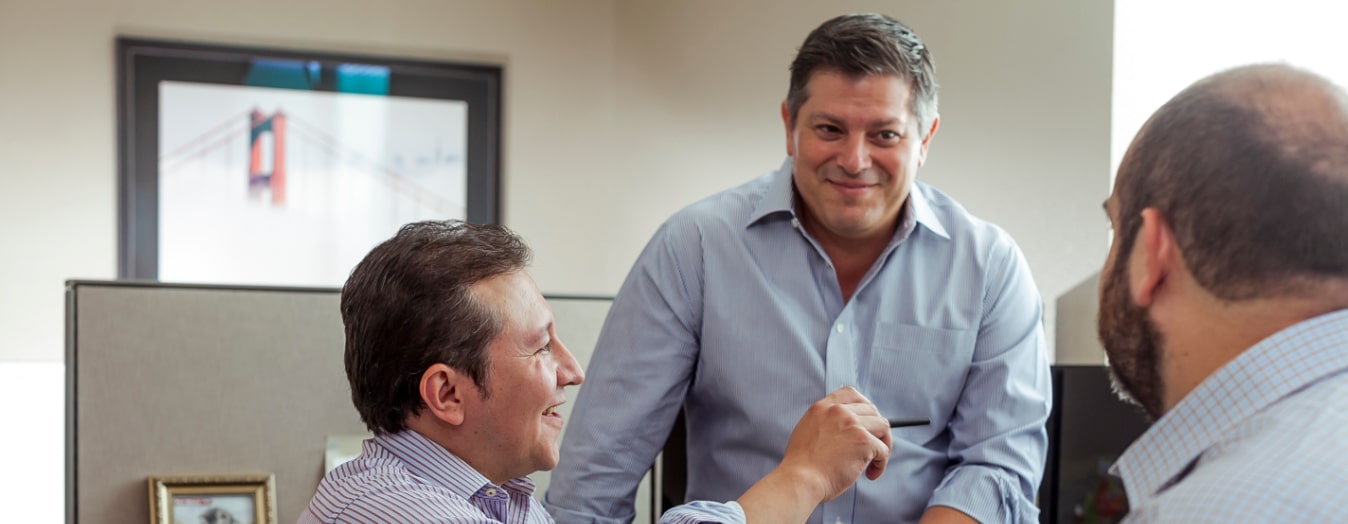In today’s rapidly evolving marketplace, the package design industry plays a crucial role in capturing consumers’ attention and driving brand success. To thrive in this dynamic landscape, top talent is not just desirable, but essential. This article will explore five reasons why the industry demands innovative and skilled professionals. First, with their creative vision and innovation, top talent can breathe life into brands, creating captivating and memorable designs.
Second, their strategic branding expertise ensures that packages align with brand identity and resonate with target audiences. Additionally, top talent brings a deep understanding of consumer insights and psychology, allowing them to design packages that appeal to the desires and emotions of consumers. Furthermore, their technical proficiency and execution ensure that packages are not only visually appealing but also functional and practical. Lastly, top talent provides a competitive advantage by creating unique packaging solutions that differentiate brands in the market. In this competitive era, the package design industry needs top talent to drive innovation, deliver exceptional results, and transform brands into market leaders.
Creative Vision and Innovation
Creative vision and innovation are two essential qualities that top talent brings to the package design industry. In a field that constantly demands fresh ideas and unique approaches, it is crucial for designers to possess a strong sense of artistic expression and the ability to think outside the box. Design thinking plays a significant role in the package design process, as it involves understanding the needs and desires of consumers and translating them into visually compelling solutions.
Trend analysis is another important aspect of creative vision and innovation in package design. Top talent understands the importance of staying ahead of the curve and being aware of the latest design trends. By keeping up with industry trends, designers can create packaging that is not only visually appealing but also aligns with current consumer preferences.
Visual storytelling is a powerful tool that top talent utilizes to engage and captivate consumers. Through the use of innovative graphics, typography, and imagery, designers can convey a brand’s story and values effectively. This form of storytelling enhances the overall user experience and creates a lasting impression on consumers.
Strategic Branding Expertise
Top talent in the package design industry brings valuable strategic branding expertise to the table, ensuring that the packaging not only captures attention but also effectively communicates a brand’s identity and message. Design strategy plays a vital role in creating packaging that aligns with the brand’s overall vision and objectives. It involves analyzing market research and understanding consumer preferences to develop packaging that resonates with the target audience.

Brand positioning is another crucial aspect of strategic branding expertise. Top talent in package design understands the importance of positioning the brand in a unique and compelling way. They work closely with the brand’s marketing team to develop packaging that reflects the brand’s values, personality, and promise. By strategically positioning the brand, the packaging becomes a powerful tool for creating brand awareness and loyalty.
Visual communication is a key element of strategic branding expertise. Top talent in package design knows how to use visual elements such as colors, typography, and graphics to evoke emotions and create a memorable brand experience. They leverage current packaging trends and innovative design techniques to ensure that the packaging stands out in a crowded marketplace.
Consumer Insights and Psychology
Understanding consumer insights and psychology is an essential aspect of success in the package design industry. By delving into the behavioral psychology of consumers, designers can create packaging that not only catches the eye but also encourages purchase decisions and cultivates brand loyalty. Here are some key points to consider:
- Emotional triggers: Packaging that taps into consumers’ emotions can create a powerful connection. By understanding what evokes positive emotions, such as happiness or nostalgia, designers can create packaging that resonates with consumers on a deeper level.
- Cognitive biases: Consumers are influenced by cognitive biases, such as the availability bias or the anchoring effect. Designers can leverage these biases by presenting information in a way that aligns with consumers’ existing beliefs or biases, ultimately influencing their purchase decisions.
- Purchase decisions: Packaging plays a crucial role in the consumer’s decision-making process. By incorporating elements such as clear information, attractive visuals, and product highlights, designers can help consumers make informed choices and feel confident in their purchase.
Technical Proficiency and Execution
Effective package design requires a high level of skill and expertise in technical proficiency and execution. It is not enough for package designers to have a creative vision; they must also possess a deep understanding of the technical aspects involved in bringing their designs to life. This includes ensuring quality control throughout the manufacturing process, taking into account manufacturing limitations, and ensuring regulatory compliance.
Quality control is crucial in package design to guarantee that the final product meets the highest standards. Designers must consider factors such as durability, functionality, and aesthetic appeal to create packages that not only look great but also protect the product inside. They must also be aware of manufacturing limitations, such as size restrictions or material constraints, to ensure the feasibility of their designs.
Regulatory compliance is another critical aspect of package design. Designers must navigate complex regulations regarding labeling, product safety, and environmental impact to ensure that their designs meet all legal requirements. This includes considerations for sustainable packaging, as consumers increasingly demand environmentally friendly options.
In addition to technical proficiency, effective package design also requires cost optimization. Designers must find ways to create visually appealing packages while keeping production costs in check. This involves making smart material choices, streamlining manufacturing processes, and minimizing waste.
Competitive Advantage and Market Differentiation
To achieve a competitive advantage and stand out in the market, package designers must possess exceptional skills and expertise. In today’s fast-paced and highly competitive business environment, it is crucial for companies to differentiate themselves from their competitors. This is where package design plays a vital role. By incorporating innovative and visually appealing designs, package designers can help companies create a unique and memorable brand image that sets them apart from the competition.
To achieve market differentiation and gain a competitive edge, package designers need to consider several factors. These include:
- Market research: Understanding the target audience and their preferences is essential in designing packaging that appeals to them. Conducting thorough market research helps package designers gather valuable insights and develop designs that resonate with the target market.
- Product development: Collaborating closely with product development teams enables package designers to create packaging that not only complements the product but also enhances its overall appeal. Aligning packaging design with the product’s unique selling points helps attract customers and differentiate the product from competitors.
- Quality control: Ensuring that packaging materials meet strict quality standards is crucial for maintaining brand reputation and customer satisfaction. Package designers must work closely with quality control teams to select materials that are durable, environmentally friendly, and visually appealing.
Conclusion
In conclusion, the package design industry relies on top talent for its success and growth. Creative vision and innovation drive the development of unique and eye-catching designs. Strategic branding expertise ensures that packages effectively communicate a brand’s message and values. Consumer insights and psychology help in creating designs that appeal to target audiences. Technical proficiency and execution guarantee the quality and functionality of packaging. Lastly, top talent provides a competitive advantage and helps brands differentiate themselves in the market. The package design industry thrives on the expertise and skills of its top talent, making it an indispensable part of the overall marketing strategy.






